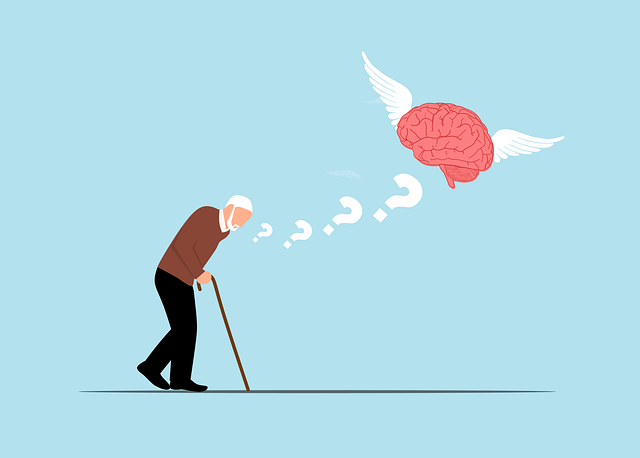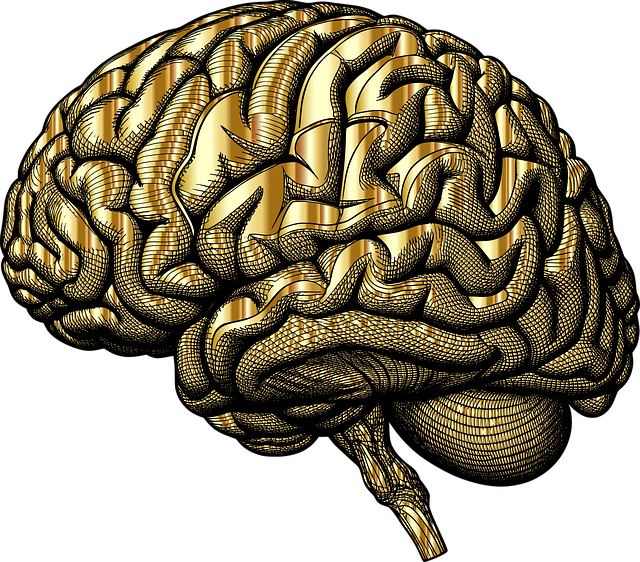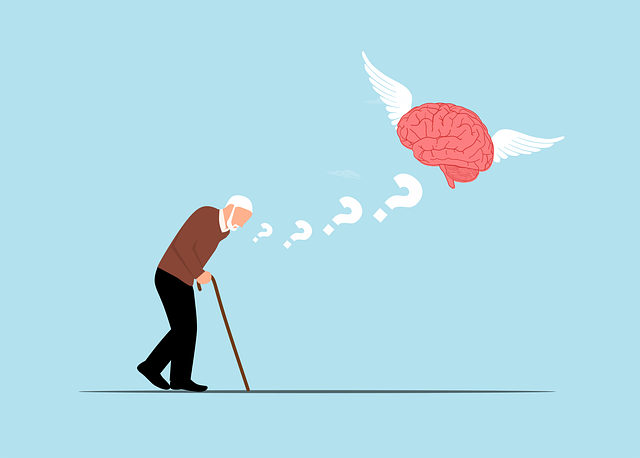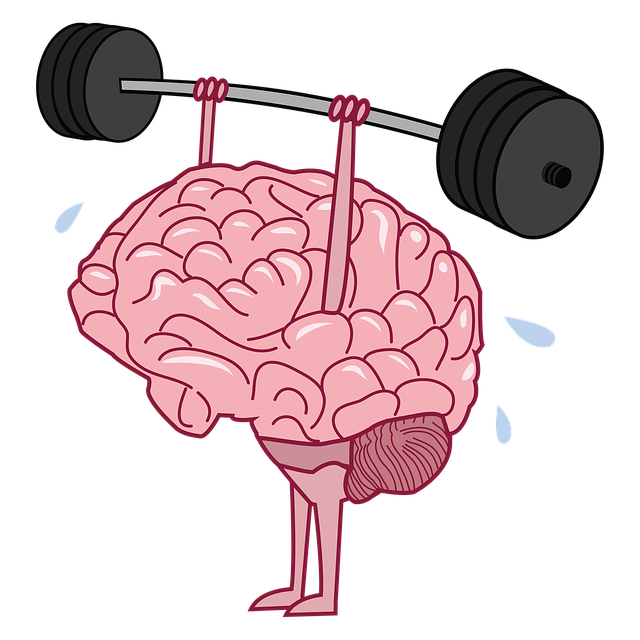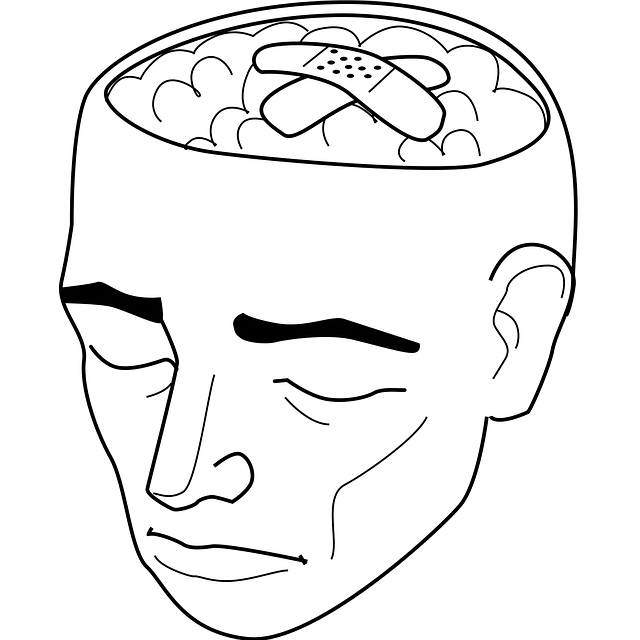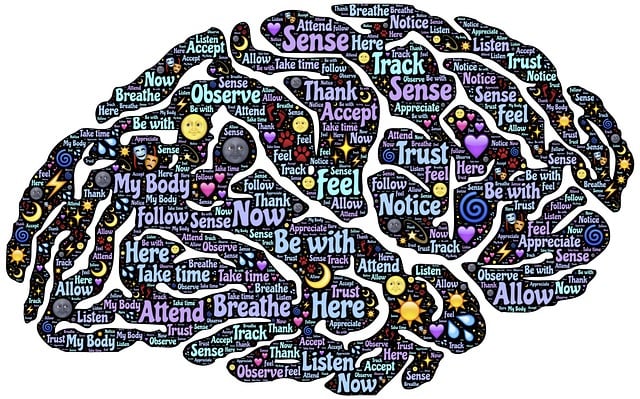The pervasive stigma around mental illness deeply affects individuals' emotional well-being and quality of life, leading to isolation and barriers to care. Golden Interpersonal Issues Therapy (GIIT) offers tools to navigate interpersonal challenges and build inner strength, promoting understanding and empathy through open conversations. By enhancing self-esteem and encouraging compassion, GIIT empowers patients to advocate for mental health awareness, fostering more inclusive communities that support those facing mental illness. Community engagement, education, and burnout prevention strategies are vital in combating stigma, with organized programs, workshops, and discussions dispelling myths and teaching empathy.
Mental illness stigma, a pervasive barrier to recovery, continues to burden individuals and communities worldwide. This article explores targeted efforts to reduce this societal burden, focusing on understanding stigma’s profound impact on mental health. We delve into the transformative power of Golden Interpersonal Issues Therapy (GIIP), highlighting its role in dismantling internalized shame. Additionally, we examine the pivotal role of community engagement and education as powerful tools for fostering acceptance, empathy, and support in diverse settings.
- Understanding Stigma and Its Impact on Mental Health
- The Role of Interpersonal Issues Therapy in Reducing Stigma
- Community Engagement and Education for Stigma Reduction
Understanding Stigma and Its Impact on Mental Health

Stigma surrounding mental illness is a pervasive issue that significantly impacts an individual’s emotional well-being and overall quality of life. It often manifests as negative attitudes, stereotypes, and discrimination towards people struggling with mental health challenges, creating barriers to accessing adequate care and support. This societal stigma can be deeply damaging, leading to feelings of isolation, shame, and embarrassment for those affected. As a result, many individuals may hesitate to seek help or openly discuss their experiences, hindering their progress toward recovery.
Addressing this issue requires efforts focused on education, awareness, and the promotion of positive thinking. Golden Interpersonal Issues Therapy (GIIT), for instance, offers valuable tools to navigate interpersonal challenges and build inner strength. By fostering understanding and empathy, GIIT encourages individuals to challenge stigma through open conversations and share their journeys. Furthermore, techniques that promote emotional well-being can empower people to manage their mental health effectively. This includes adopting positive thinking strategies as a means to enhance resilience and overall coping abilities, ultimately reducing the impact of stigma on those navigating mental illness.
The Role of Interpersonal Issues Therapy in Reducing Stigma

Interpersonal Issues Therapy (IIT) has emerged as a powerful tool in the battle against mental illness stigma. This therapeutic approach focuses on improving an individual’s relationships and social interactions, aiming to reduce the impact of societal labels and prejudice. By addressing interpersonal barriers, IIT facilitates emotional healing processes, fostering an environment where individuals can openly discuss their experiences without fear of judgment. Through this, patients develop a sense of belonging and support, which is crucial in challenging stigmatized beliefs.
The effectiveness of Golden Interpersonal Issues Therapy lies in its ability to enhance self-esteem and promote confidence boosting. It encourages compassion cultivation practices among participants, leading to increased empathy and understanding. As individuals learn to navigate their social networks with greater ease, they become powerful advocates for mental health awareness. This shift in perspective can lead to more inclusive communities where those facing mental illness are supported rather than shunned, marking a significant step towards reducing stigma.
Community Engagement and Education for Stigma Reduction

Community engagement and education are powerful tools in the fight against mental illness stigma. By fostering open conversations and sharing accurate information, we can dispel myths and promote understanding. This involves organized programs, workshops, and awareness campaigns that encourage participation from various sectors of society. Schools, workplaces, and community centers can all play a role in facilitating these discussions, ensuring everyone feels included and empowered to support those facing mental health challenges.
One effective strategy is incorporating Empathy Building Strategies into educational initiatives. Teaching individuals about the symptoms and experiences associated with mental illness helps foster Mind Over Matter Principles, encouraging compassion and support. Additionally, healthcare providers can benefit from Burnout Prevention Strategies, ensuring they approach patients with renewed energy and a deeper understanding of their struggles. This holistic approach to stigma reduction creates a more supportive environment for recovery.
Mental illness stigma reduction is a multifaceted approach, with Interpersonal Issues Therapy emerging as a powerful tool. By fostering understanding and empathy through therapy, we can create a more supportive community environment. Community engagement and education further strengthen these efforts, ensuring that mental health conversations are accessible and non-judgmental. Embracing these strategies paves the way for a more inclusive society where individuals with mental health challenges can thrive without fear of stigma. The Golden Interpersonal Issues Therapy, when coupled with engaged communities, offers a promising path to breaking down barriers and promoting overall well-being.


